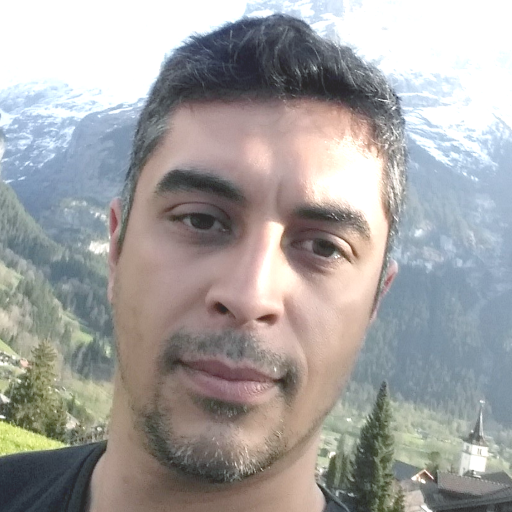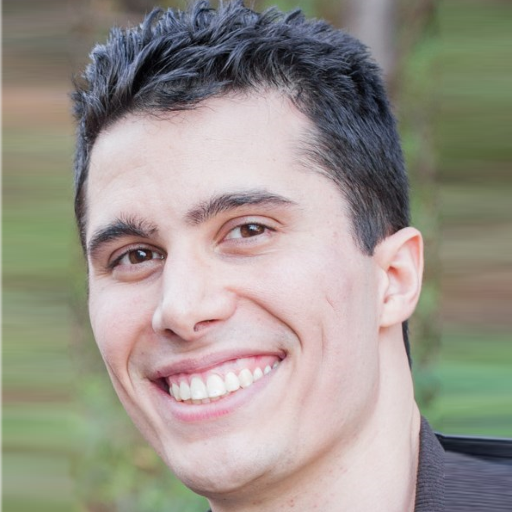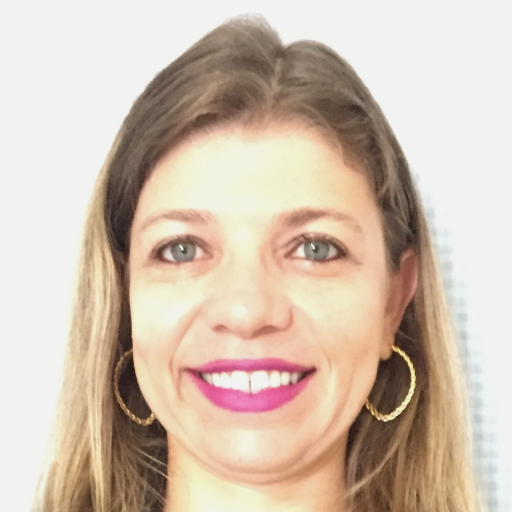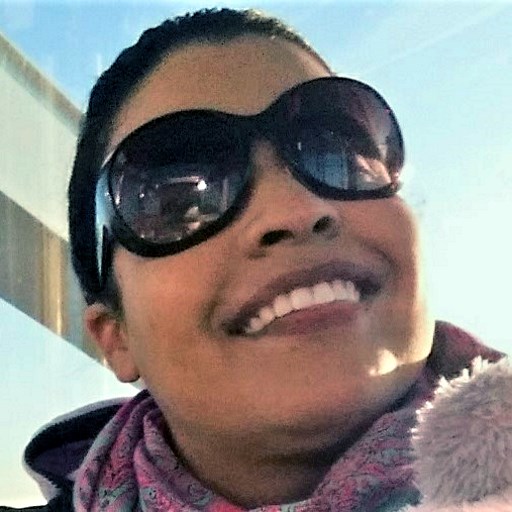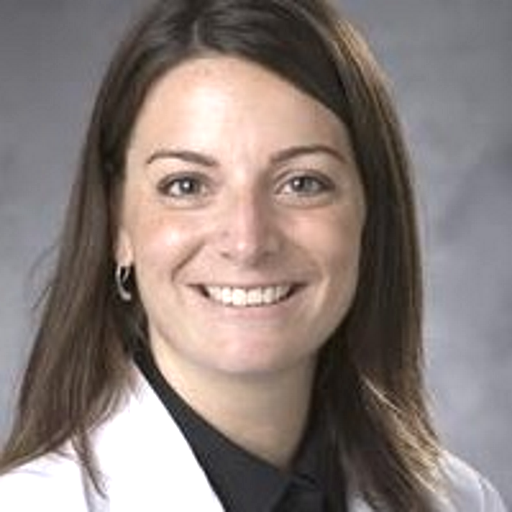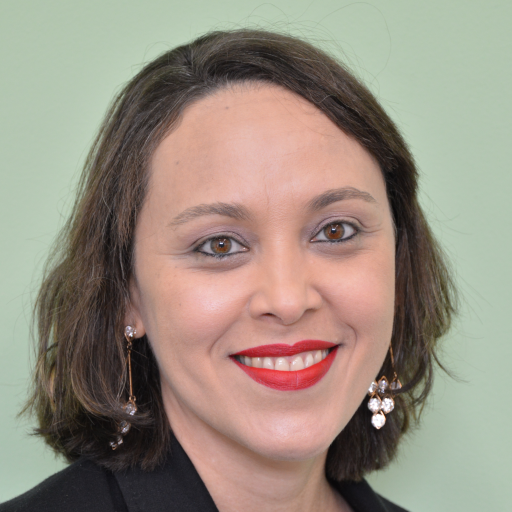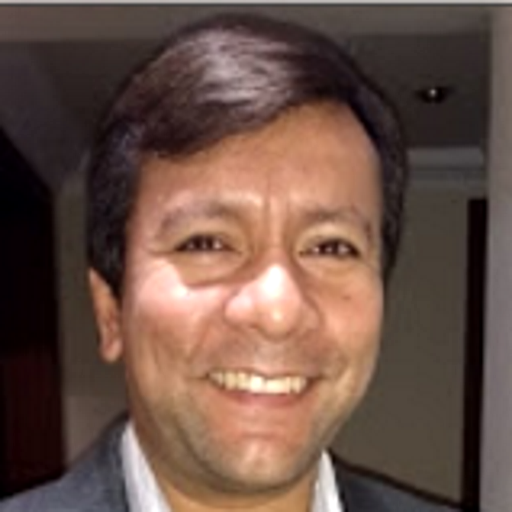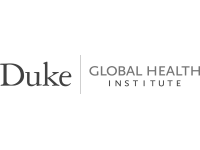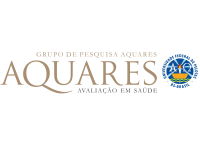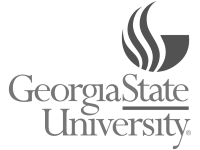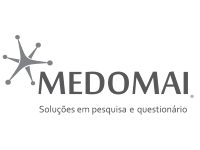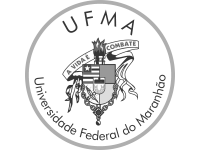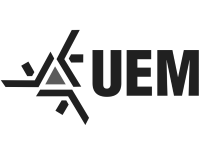Why M.A.T.H Consortium?
Although possible, applying Data Science in Health research presents a very hard challenge to be done alone. Collaboration brings together a sum of capabilities that no one in the group has by itself. This sensibly improves quality and impact of solutions produced.
As with most discoveries, the group almost created itself by chance, when the founders met and start to share similar interests for Data Science applied to health. From similar interests the Consortium evolve to a global initiative with partners distributed in different parts of the globe.
A major challenge in healthcare is its interdisciplinary nature. Our members have complementary training in different areas of knowledge as: Epidemiology, Statistics, Psychology, Business Administration, Geography, and Computer Science. All areas of expertise are applied to the context of health.
Capabilities
Research structure

Healthcare data warehouse
We have data from several primary and secondary sources related to health services in Brazil. Our databases cover topics as: health care structure, work process, users satisfaction, population based studies, epidemiological surveillance, procedures performed and much more. The datasets range from primary care to high complexity attention covering public and private organizations.

